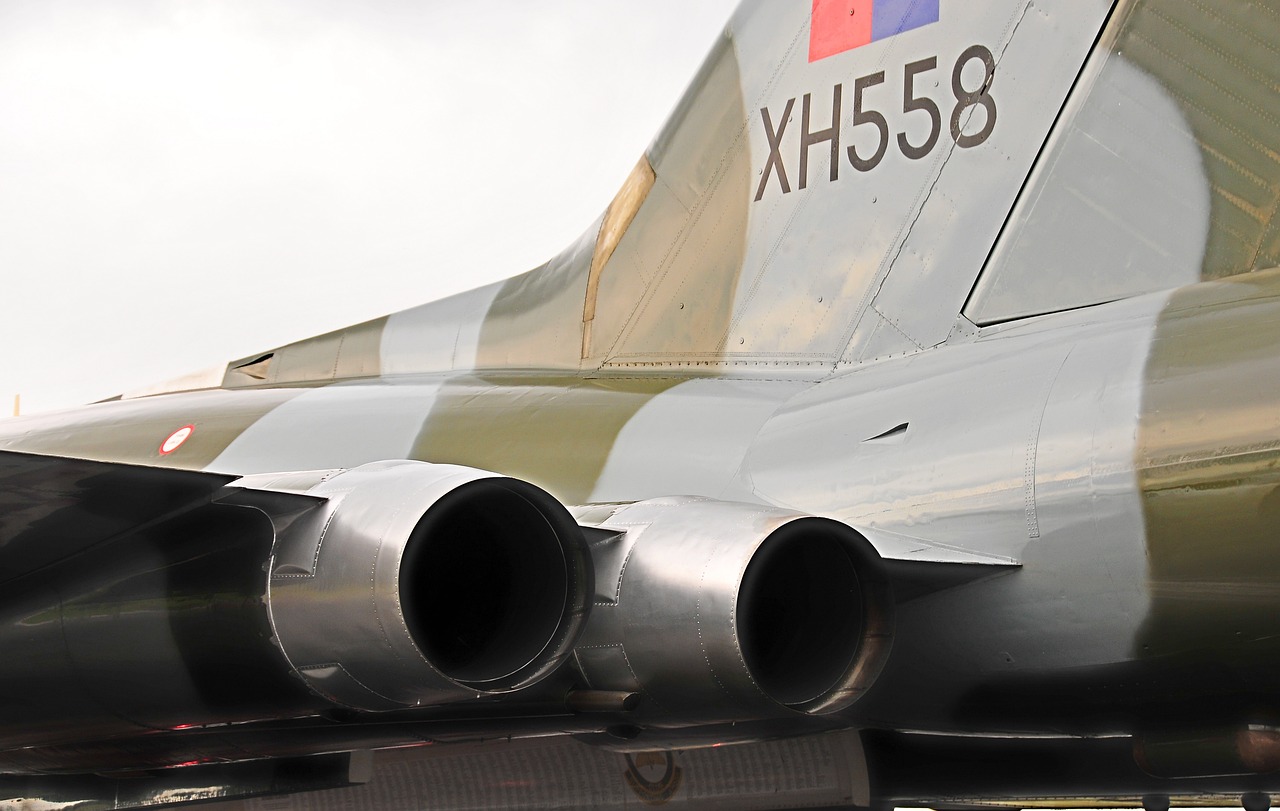In the realm of Roman mythology, Vulcan, also referred to as Vulcanus, stands as the god of fire, metalworking, and craftsmanship. He is the Roman equivalent of the Greek deity Hephaestus. Often portrayed as a master blacksmith and artisan, Vulcan is celebrated for his skill in forging an array of metal creations, including robust weapons and armor.
Key Facts and Information
Origin
Vulcan’s origins are rooted deeply in ancient Roman religious customs, blending elements from earlier Etruscan and Greek traditions. His name is thought to originate from the Latin term “volcanus,” which translates to “fire” or “volcano,” emphasizing his strong association with fire and volcanic activities. In Roman lore, he is described as the offspring of Jupiter and Juno. Allegedly born with a deformity, he was cast out of Mount Olympus by his mother. Rescued by the sea goddess Thetis, he grew up on Lemnos, where he honed his skills as a blacksmith. His forge, said to be located beneath Mount Etna, ties him closely to volcanic activity, symbolizing the transformative powers of fire in metalworking.
Role in Roman Mythology
Within the sphere of Roman mythology, Vulcan is a central figure tied to fire and craftsmanship. He was honored during various festivals, particularly the Vulcanalia on August 23, where offerings were made to temper his volatile nature and seek his protection from destructive flames. Vulcan was adept at creating weapons and armor for both deities and heroes, crafting notable items such as Achilles’ shield and the thunderbolts of Jupiter. His exceptional artistry extended beyond weaponry to the fertile benefits bestowed by volcanic ash, linking him to agricultural abundance.
Vulcan was also a symbol of innovation, embodying the spirit of creativity and advancement in society. Despite his prowess, tales of his deformity persist, often depicted as a limp stemming from his fall from Mount Olympus, serving as a poignant reminder of the complexities of divine existence. His influence stretched to the crafting of intricate armors for legendary warriors and even included the creation of mechanical servants to assist him in his forge.
Symbolism
Vulcan symbolizes masterful craftsmanship and aesthetic excellence, showcasing the importance of dedication and attention to detail in creation. His marriage to Venus, the enchanting goddess of love, illustrates the interplay between fire and beauty, highlighting themes of passion and transformation. Vulcan represents a balance of destructive and generative forces; as the god associated with volcanoes, he embodies the duality of creation and destruction, emphasizing the necessity of channeling volatile energies towards constructive outcomes.
Relationship with Other Gods
Vulcan’s lineage connects him to several prominent deities, including his father Jupiter, which underscores his position within the pantheon. His collaborative relationship with Mars, the god of war, emphasized the integral role he played as a vital supplier of weaponry. The goddess Minerva shared a mutual devotion to craftsmanship, showcasing their combined strengths through creations like Achilles’ shield.
While Vulcan enjoyed relationships with many gods, his deformities often left him feeling like an outsider, leading to misunderstandings with his peers. Nevertheless, his mastery over fire and metal secured his significance and a valued spot in the hierarchy of Roman deities.
Vulcan embodies not only the art of crafting but also the narrative of resilience and transformation seen through the lens of myth. His story emphasizes the value of skills and creativity, illustrating the powerful outcomes of diligent craftsmanship.
Conclusion
Through his worship and tales, Vulcan’s legacy as the god of fire and craftsmanship illustrates both the power of creation and the importance of harnessing one’s talents for the common good. His contributions to both the mundane and the divine reflect the complexities of creativity and the rich tapestry of Roman mythology.



